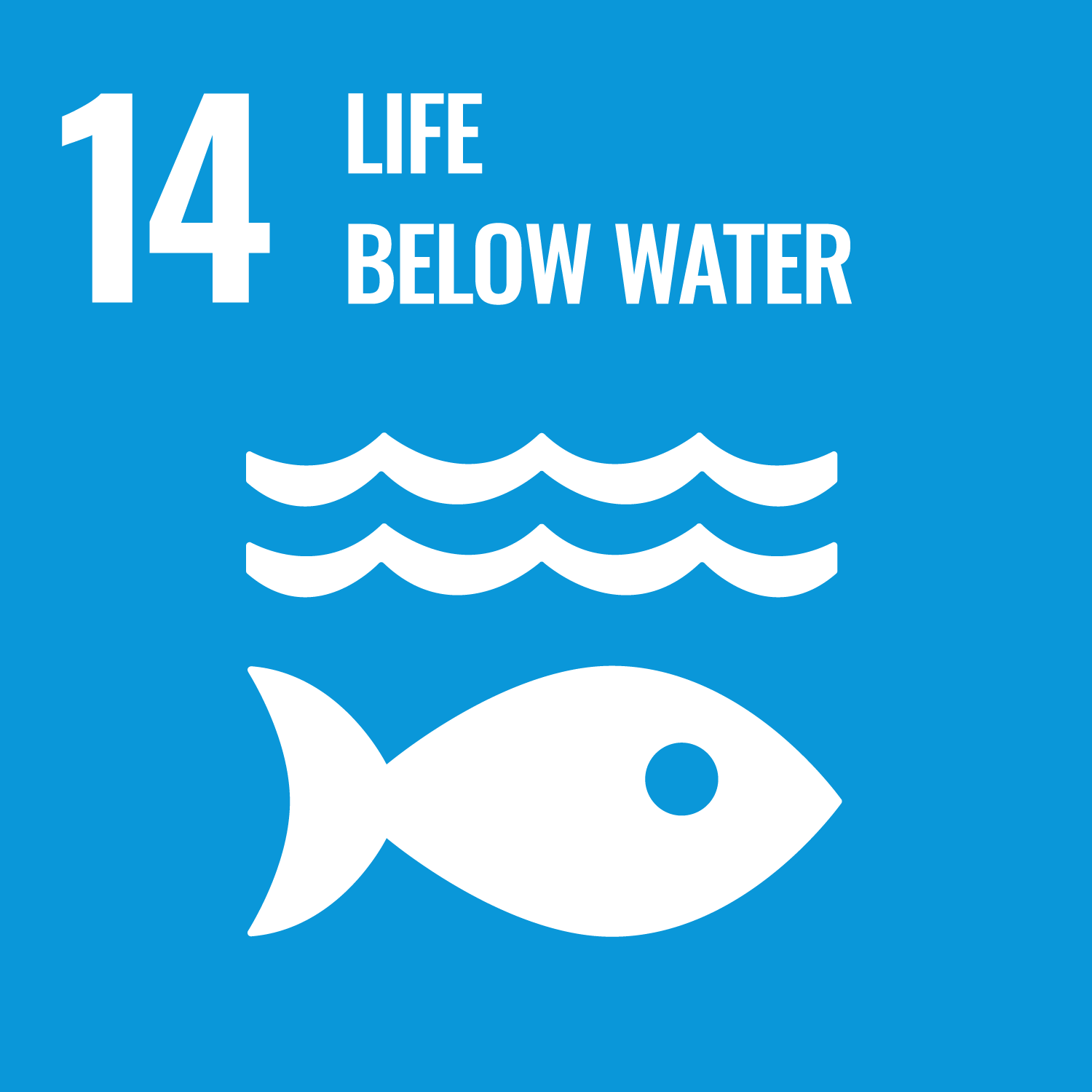In Graduation Thesis 2, students continue their research activities on specific themes related to mechanical engineering in
order to deepen the fundamental knowledge and problem-solving skills acquired in Graduation Thesis 1. In some cases, the same
themes from Graduation Thesis 1 may be pursued, while in others, different themes are explored. Students will also develop
communication skills to effectively summarize their research findings, both from Graduation Thesis 1 and Graduation Thesis
2, and to convey these results to others through written documents and presentations.
This course aims to enhance the fundamental knowledge and essential skills required to conduct the research covered in Graduation
Thesis 1. Additionally, it aims to enable students to effectively communicate the results obtained from their research activities
through oral presentations.
- Students can communicate their opinion and explanation of the research result etc. Also, they can understand other person's comments or questions, and discuss with professors and other students.
- Student can work cooperatively with others in the process of problem solving.
- Students can understand the background of the problem, clarify the research purpose and focus the research subjects.
- Students can utilize their expert knowledge, combine the appropriate experiments and analytical methods, and propose how to solve the problem.
- Students can examine solutions to problems by improving experimental methods, equipment, and programs, and by analyzing the results of experiments and analyses.
- Students can manage their research plan and perform by the deadline.
Students acquire the skill for the topics and how to survey the information or the knowledge by using the Internet, etc.. Students have to learn continuously and autonomously.
| 中間審査 | 最終審査 | Total. | |
|---|---|---|---|
| 1. | 10% | 10% | 20% |
| 2. | 5% | 5% | 10% |
| 3. | 5% | 5% | 10% |
| 4. | 5% | 5% | 10% |
| 5. | 5% | 5% | 10% |
| 6. | 20% | 20% | 40% |
| Total. | 50% | 50% | - |
【Evaluation method】
Evaluate using Rubric based on research outline, research presentation, and research activity results.
1. Communication skill (Goals and objectives 1): 20 points
2. Teamwork skill (Goals and objectives 2): 10 points
3. Problem Setting Ability (Goals and objectives 3): 10 points
4. Imagination Ability (Goals and objectives 4): 10 points
5. Problem-solving ability (Goals and objectives 5): 10 points
6. Planning Ability (Goals and objectives 6): 20 points
7. Self-Study Ability (Goals and objectives 6): 20 points
Total point is 100 points.
The passing grade is 60 points or more out of 100 points.
[Evaluation Criteria]
More details of evaluation criteria, refer to the rubric to be distributed paper at the guidance.
Evaluate using Rubric based on research outline, research presentation, and research activity results.
1. Communication skill (Goals and objectives 1): 20 points
2. Teamwork skill (Goals and objectives 2): 10 points
3. Problem Setting Ability (Goals and objectives 3): 10 points
4. Imagination Ability (Goals and objectives 4): 10 points
5. Problem-solving ability (Goals and objectives 5): 10 points
6. Planning Ability (Goals and objectives 6): 20 points
7. Self-Study Ability (Goals and objectives 6): 20 points
Total point is 100 points.
The passing grade is 60 points or more out of 100 points.
[Evaluation Criteria]
More details of evaluation criteria, refer to the rubric to be distributed paper at the guidance.
Mobile Cell Culture and application to infectious disease and drug testing
Development for cell-free and environmental DNA extraction and purification
Open channel isotachophoresis and its application to TB tests
In vitro system to elucidate microplastic-cell interaction
Development of microgravity cell culture systems
Development for cell-free and environmental DNA extraction and purification
Open channel isotachophoresis and its application to TB tests
In vitro system to elucidate microplastic-cell interaction
Development of microgravity cell culture systems
| ways of feedback | specific contents about "Other" |
|---|---|
| 授業内と授業外でフィードバックを行います。 |
Students must satisfy the requirements for graduation thesis 1 which is mentioned in "Handbook of Study (Faculty of Engineering)".
- Course that cultivates an ability for utilizing knowledge
- Course that cultivates a basic problem-solving skills
| Work experience | Work experience and relevance to the course content if applicable |
|---|---|
| N/A | N/A |




- 3.GOOD HEALTH AND WELL-BEING
- 7.AFFORDABLE AND CLEAN ENERGY
- 9.INDUSTRY, INNOVATION AND INFRASTRUCTURE
- 14.LIFE BELOW WATER
Last modified : Thu Jul 25 10:29:31 JST 2024
